Swiss mull restitution of Mubarak funds to Egypt
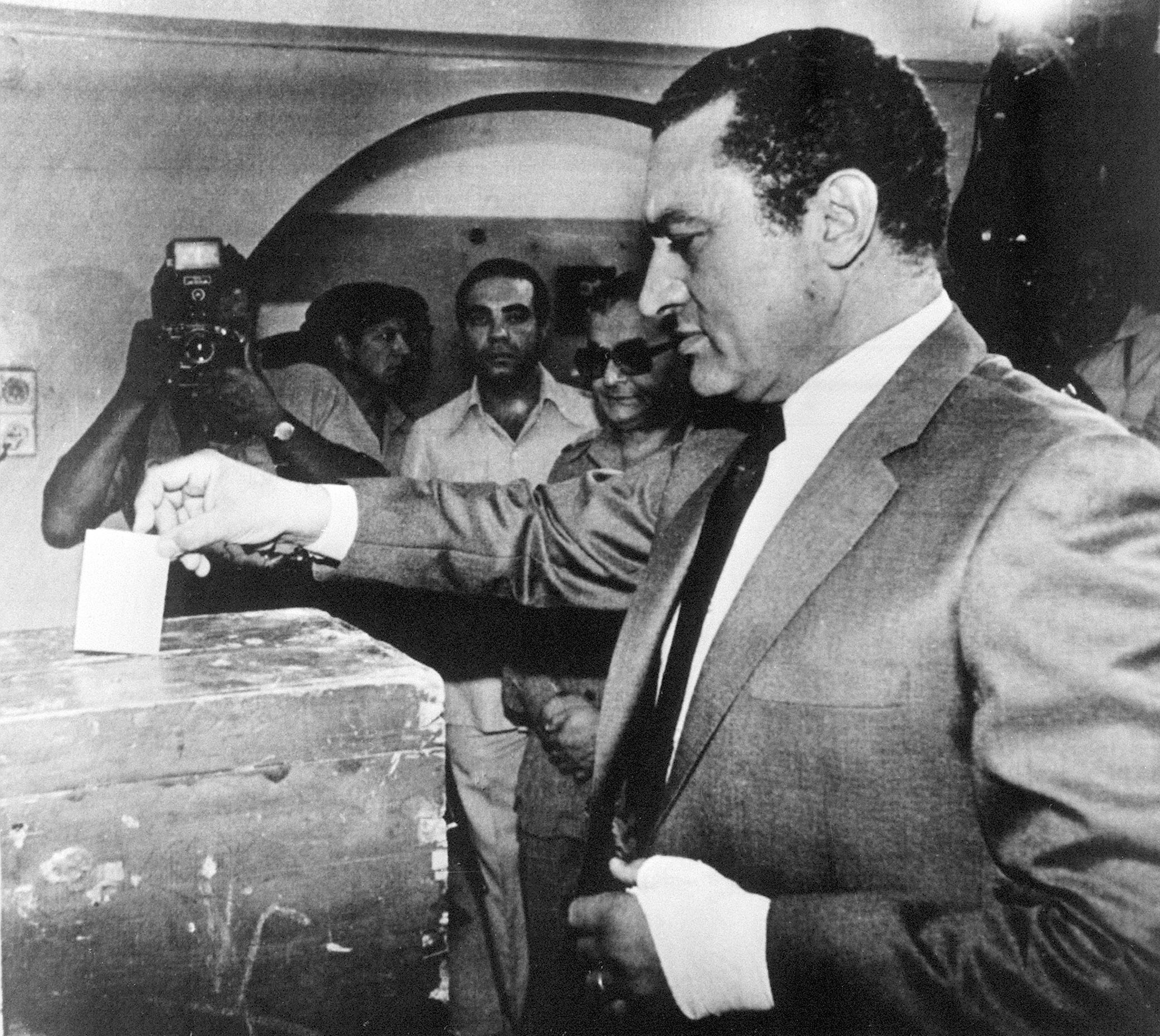
The chaos in post-revolutionary Egypt following the fall of the regime of Hosni Mubarak and a lack of independence of the country’s judiciary could scupper the return of millions in assets frozen in Swiss bank accounts.
Switzerland reacted swiftly in February 2011 to freeze funds belonging to Mubarak’s family and his political entourage. But two-and-a-half years later the nearly CHF700 million ($750 million) deposited in the name of Mubarak’s two sons, Alaa and Gamal, are still blocked.
Efforts to find a solution through requests for legal assistance between the two countries have reached a stalemate.
Last December, Switzerland’s highest criminal court ordered the Federal Prosecutors Office to refuse Egypt access to information about a criminal investigation under way. It said the political situation in Cairo was not stable enough, citing repeated interference by the government in the judicial system.
In June this year, the Federal Justice Office and the foreign ministry provided the prosecutors office with a new analysis of the situation in Egypt. It concluded that Switzerland could resume cooperation with Cairo to pave the way for the restitution of the frozen assets.
However, the destitution of Mohamed Mursi’s government prompted another policy review. Last month the Federal Justice Office called for a fresh evaluation of the situation, notably of the independence of Egypt’s judges.
“The Swiss authorities continue to follow developments in Egypt. At the moment it is not possible to foresee how the situation will evolve and what impact it might have on the cooperation between the two countries,” a foreign ministry statement said.
Much in the same vein, a spokeswoman for the prosecutors office added that the situation in Egypt and possible implications for Switzerland were being taken into account.
Cronyism
Not only the Swiss government, but also international experts find it difficult to get a clear picture of the situation in Egypt.
“Some judges, in place since 2011, are seen as cronies of the Mubarak era. They are considered political allies of the old regime or of the current leadership following the intervention of the military,” said Yezid Sayigh, a senior associate at the Carnegie Middle East Center in Lebanon’s capital, Beirut.
“This obviously causes a problem for the interim government or its successors,” Sayigh told the Swiss newspaper LaLiberté.
They could be tempted to find Mubarak innocent and clear his old regime of all accusations, the researcher says.
“But at the same time they also need to recover the funds of the Mubarak family held abroad and respond to expectations by the people to get back illicit assets,” Sayigh added.
Evidence
Using the current political instability in Egypt, the lawyers of the Mubarak family have increased their efforts to clear the name of their clients in Switzerland.
Lionel Halpérin, a Geneva-based lawyer for Mubarak’s sons, says the prosecutors office has not the slightest evidence to prove that the frozen funds have a criminal origin that could justify filing charges against Alaa or Gamal.
“The case would have been closed a long time ago if the Swiss foreign ministry had not applied political pressure;” Halpérin pointed out.
For his part, Olivier Longchamp of the non-governmental organisation the Berne Declaration said the Swiss government is facing an impasse.
“A resumption of legal assistance between the two countries appears to be highly unlikely at the moment,” he added.
The funds remain frozen under Swiss law, but it will become more and more difficult to prove that the assets were ill-gotten 10 or 20 years ago and that they are the result of corruption, he adds.
Under Swiss law a court decides whether the assets are illegal before they can be returned.
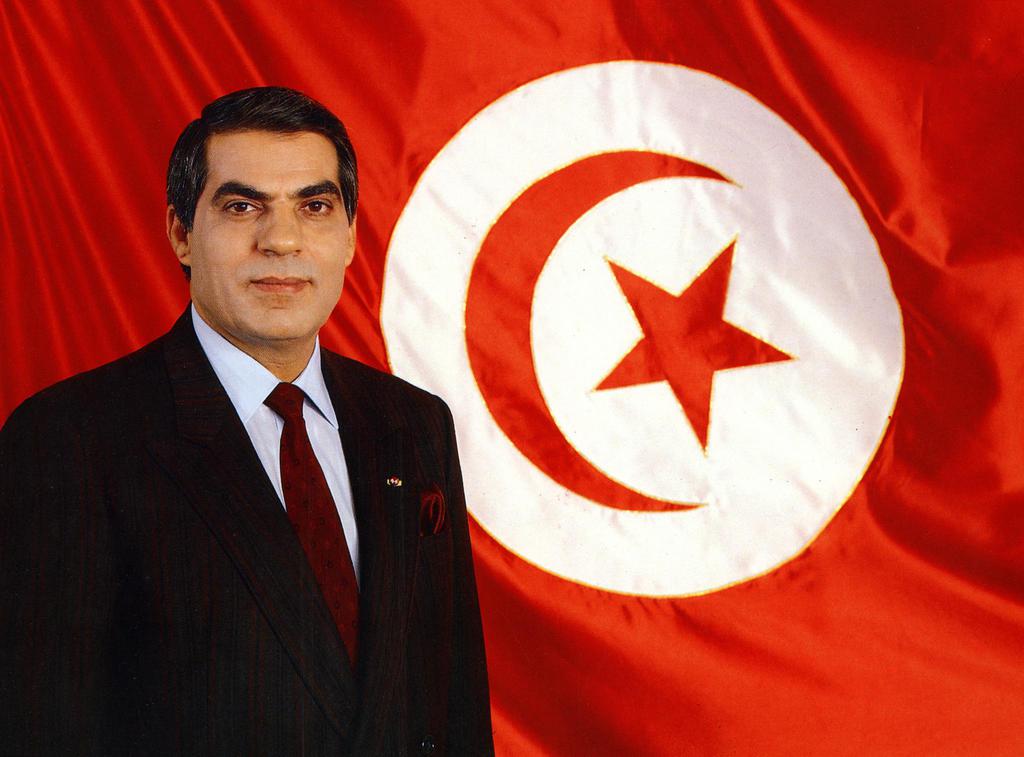
More
Cabinet drafts unique law on dictators’ assets
Pressure
Gretta Fenner, director of the Basel Institute on Governance, takes a slightly more optimistic view.
“Both countries have made great efforts aimed at finding and recovering the assets stolen by Mubarak and his family,” she pointed out.
Nevertheless, she acknowledged that the political instability in Egypt does not make it easy to proceed.
Fenner said there are high hopes among the Egyptian people that considerable funds could be returned. The frustration in the streets of Cairo will grow, adding to the political pressure.
“This is a situation which is not beneficial to building confidence and relying on legal principles – both of them tenets for cooperation in the fight against international financial crime,” Fenner explained.
In March the cabinet presented proposals setting the rules for freezing and restoring of assets obtained illegally by foreign dictators and deposited in Switzerland.
If approved by parliament it would allow the foreign ministry to provide banking information to other states trying to file a request for legal assistance.
Until now, the Swiss government has based its decisions to prevent the flight of illegal funds on constitutional powers only.
Following a six-month consultation procedure a formal bill will be drafted for parliament to discuss next year at the earliest.
Over the past 25 years, Switzerland has handed back about CHF1.7 billion in funds, embezzled by dictators, to their countries of origin.
The cases include Ferdinand Marcos of the Philippines, Sani Abacha of Nigeria and Vladimiro Montesinos of Peru.
Since 2011, blocked assets that have been illicitly acquired can be confiscated if the home country fails to institute proceedings as in the case of Haiti’s Jean-Claude Duvalier.
(Adapted from French by Urs Geiser)

In compliance with the JTI standards
More: SWI swissinfo.ch certified by the Journalism Trust Initiative
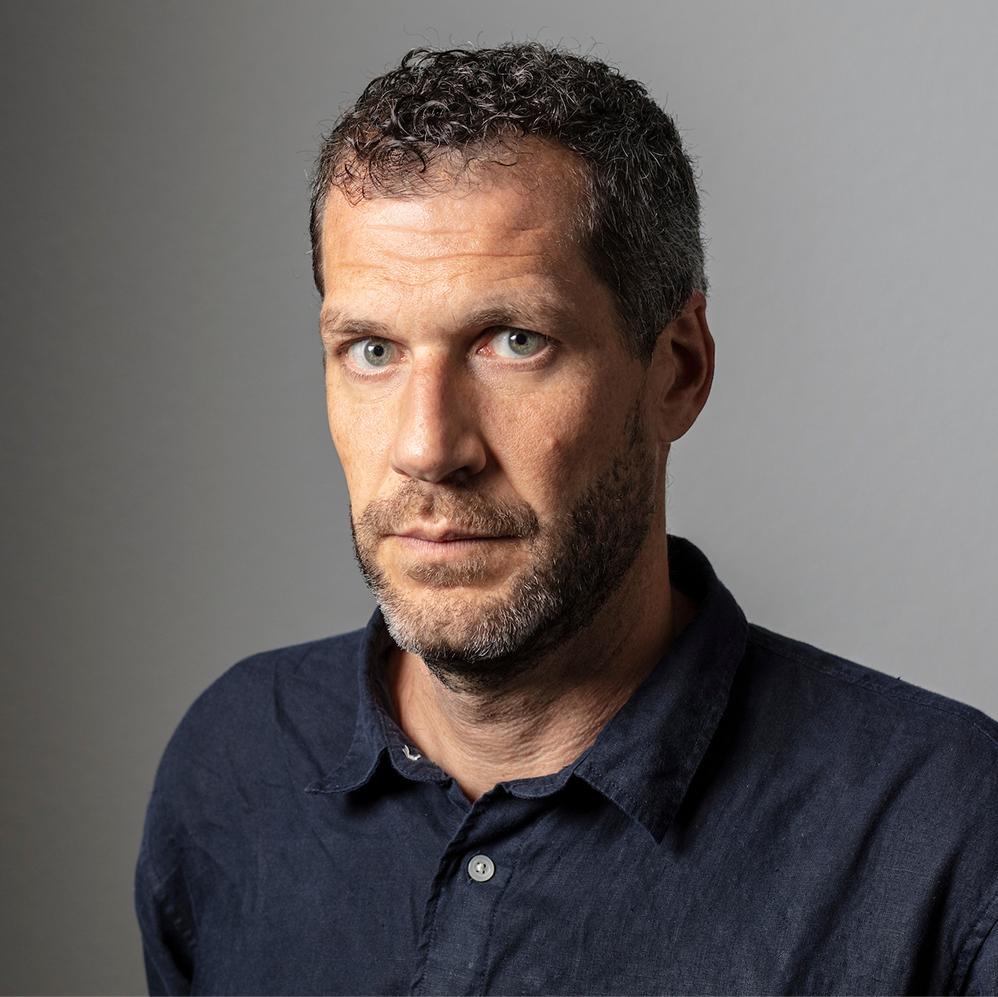
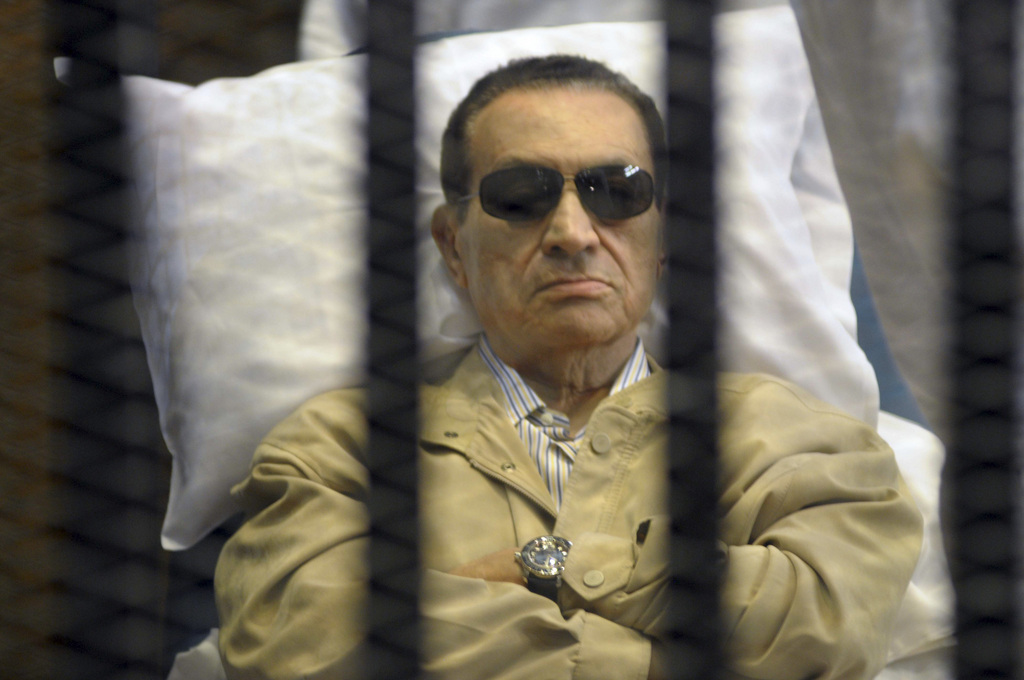
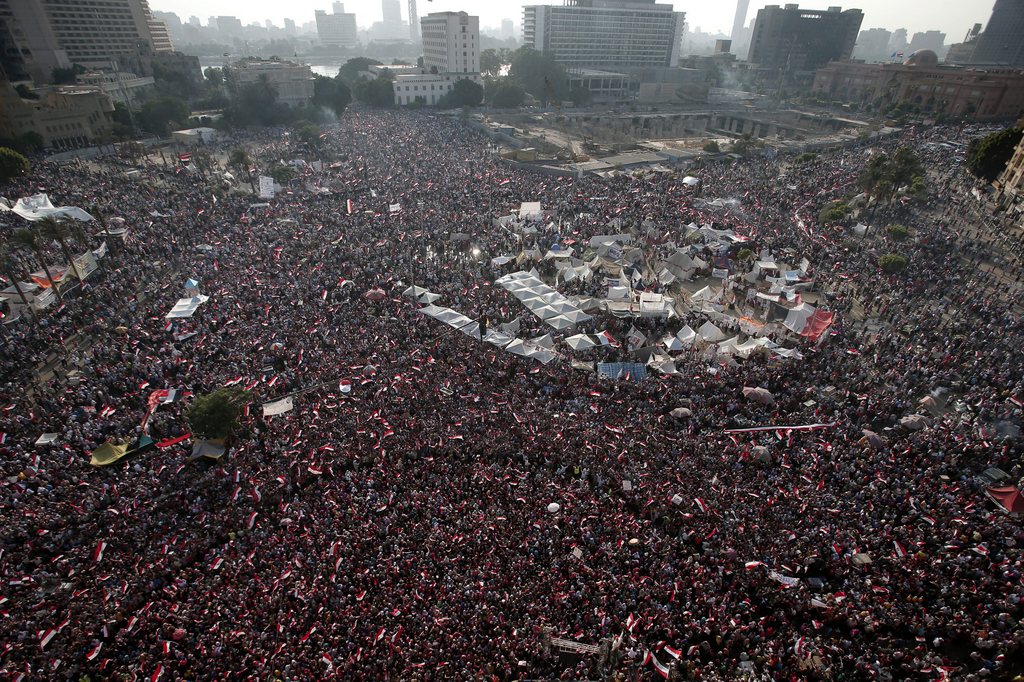
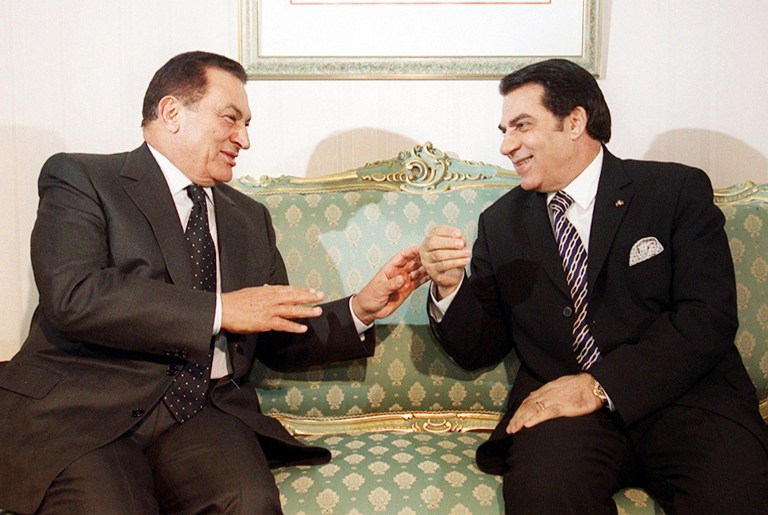
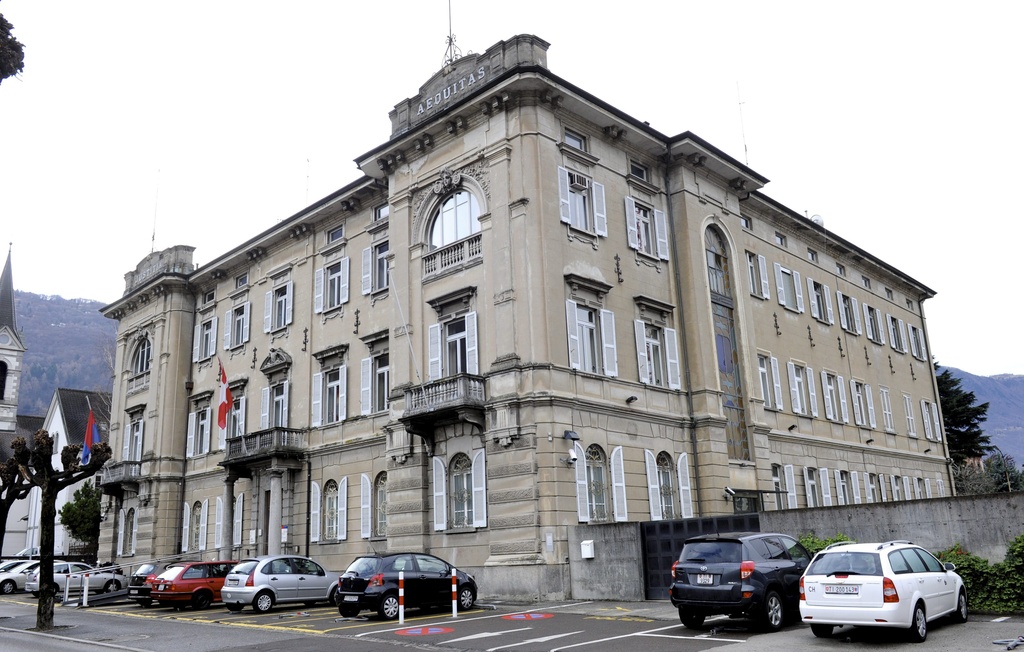
You can find an overview of ongoing debates with our journalists here. Please join us!
If you want to start a conversation about a topic raised in this article or want to report factual errors, email us at english@swissinfo.ch.